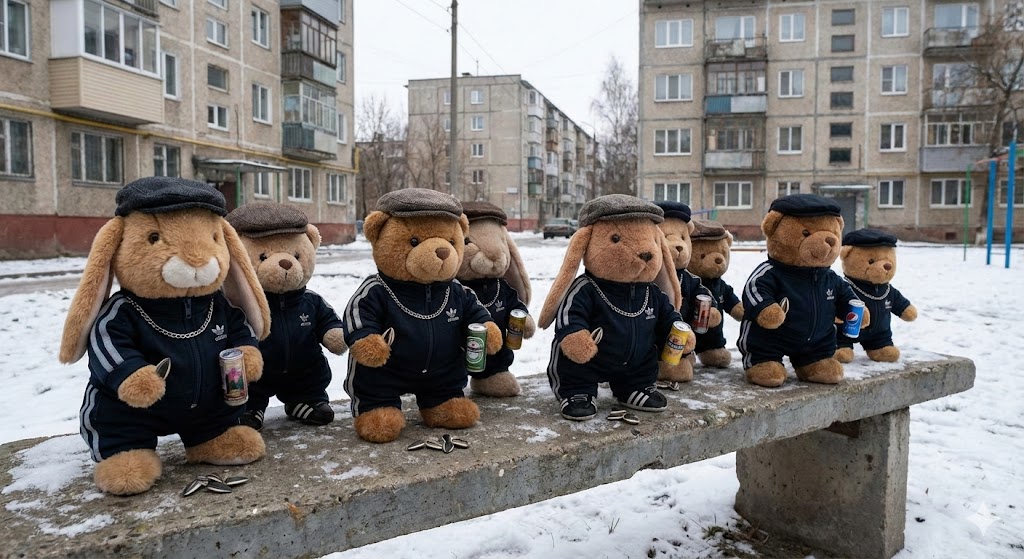How To Fix Your Russian Pronunciation – Part Three
Master Russian vowel reduction and stress patterns to be understood clearly by native speakers. Learn why Russians might forgive your clumsy Rs but struggle with over-articulated vowels, discover the rhythm that makes Russian flow naturally, and fix the single pronunciation mistake that makes you sound like you’re mocking the language. Includes audio examples and practice phrases.












